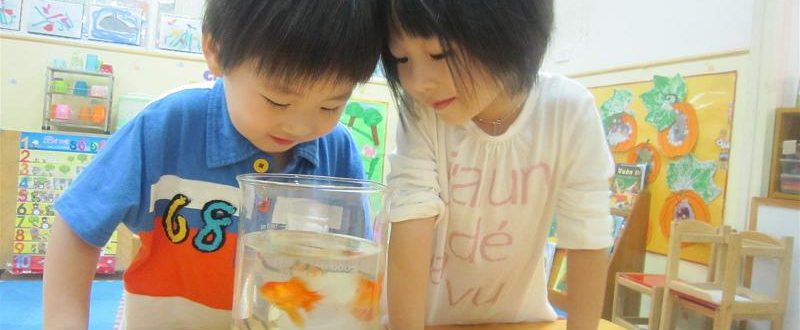Musical training is GREAT for young brains
Did you know that musical training before age 7 can benefit brain function for life?
Neuroscientists are discovering many ways that musical training improves the function and connectivity of brain regions. Musical training increases brain volume and strengthens communication between brain areas. Playing an instrument changes how the brain interprets and integrates a range of information, especially for those who start before age 7.
Dr Gottfried Schlaug, an expert on music and brains at Harvard Medical School says that research has shown that playing a musical instrument can cause significant changes in a young person’s brain, shaping how it functions and how it is physically structured. He said, “Listening to and making music is not only an auditory experience, but it is a multisensory and motor experience. Making music over a long period of time can change brain function and brain structure. Music has the unique ability to go through alternative channels and connect different sections of the brain.”
Benefits of Musical Training:
– Musicians have an improved ability to integrate information from hearing, touch, and sight senses.
– he age at which musical training begins affects brain anatomy as an adult; beginning training before the age of seven has the greatest impact.
– Brain circuits involved in music are shaped by systematic training, leading to less reliance on working HYPERLINK “https://www.psychologytoday.com/basics/memory” \o “Psychology Today looks at memory” memory and greater connectivity within the brain.
University of Montreal researchers found that musicians were better at differentiating sound from touch. They said, “Musicians develop an improved ability to process information from more than one sense at the same time.”
Brain scans of adults who had at least a year of musical training while growing up showed that brain regions related to hearing and self-awareness were larger in people who began taking music lessons before age 7.
These findings seem to indicate that musical training can have a huge impact on the developing brain, since brain maturation tends to peak around age 7. Brain areas tend to have more grey matter leading to a thicker cortex, the outer layer.
It has been found that brain circuitry can be reshaped by musical training through a property called ‘neuroplasticity’. Swedish researchers analysed brain function of pianists who were asked to play while having their brain scanned. Researchers reported that systematic training helped improve brain areas related to the ability to improvise music which improved brain connectivity, resulting in less dependence on working memory.
Playing an instrument before age 7 benefits for life
Children who started taking music lessons early had better connections across the corpus callosum, which connects the brain’s left and right hemispheres.
Musical training and practice at a young age improved connectivity due to the sensorimotor synchronization required to play an instrument. They concluded that training before the age of 7 results in changes that may serve as a solid scaffolding upon which ongoing experience can maintain a well-connected brain into adulthood.
Some of the brain changes that occur with musical training are reflected in improved performance in automatic tasks, such as reciting facts, like a multiplication table.
Musical training increases brain volume and connectivity
Playing a musical instrument is a multi-sensory and motor experience that creates emotions and motions, from finger tapping to dancing, and engages pleasure and reward systems in the brain. It has the potential to change brain function and structure when done over a long period of time, according to Dr Schlaug. Intense musical training generates new processes in the brain, with a range of impacts on HYPERLINK “https://www.psychologytoday.com” creativity, HYPERLINK “https://www.psychologytoday.com” cognition, and learning.
Reference: Christopher Bergland: Musical Training Optimizes Brain Function – Psychology Today
Have fun with music and your children! Dr Trevor







